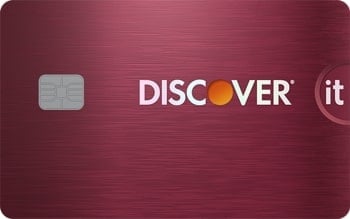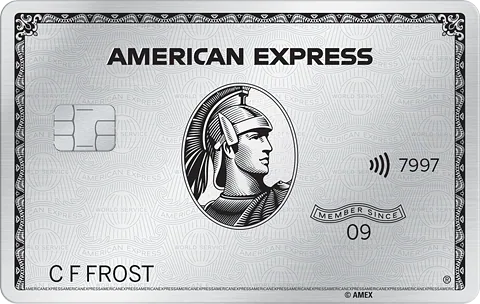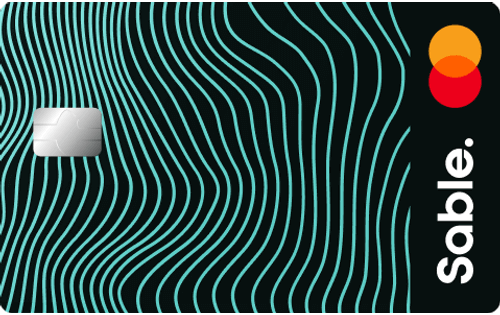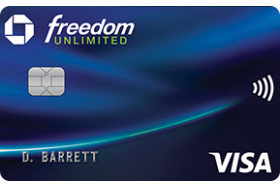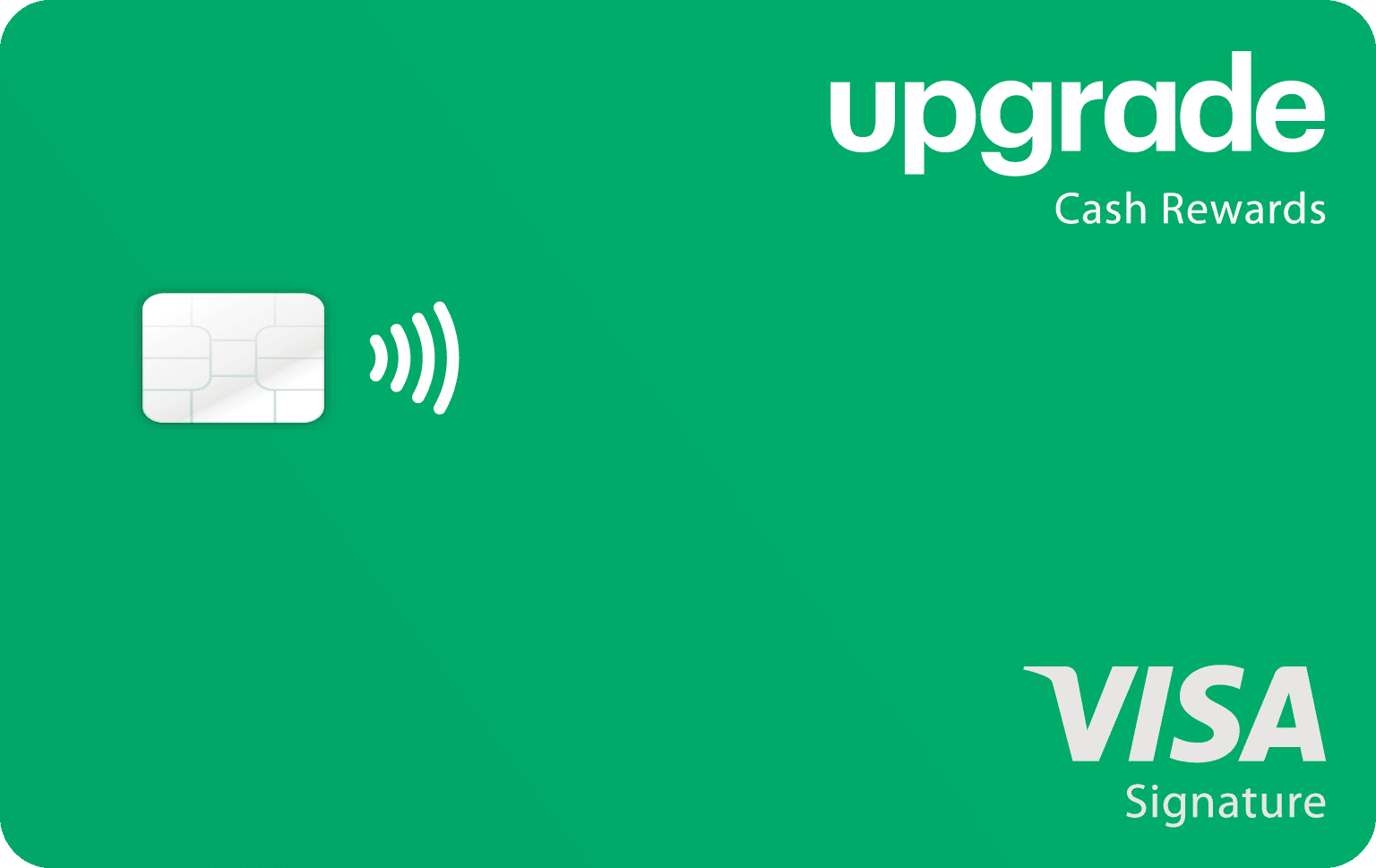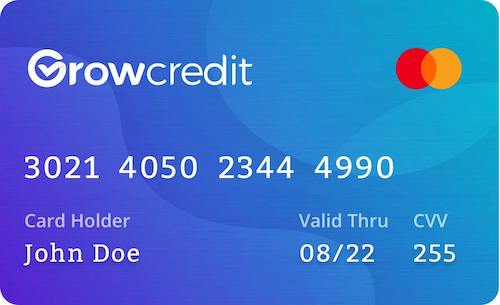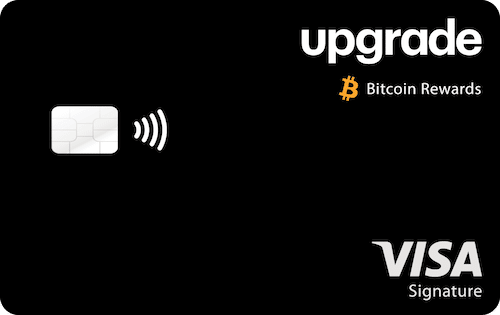There's a credit card for everyone, whether you prefer cash-back incentives, the thrill of travel rewards, or the need to establish credit.
But with so many credit cards on the market, it can be hard to find the one that's right for you.
To help you narrow down your choices, we've compiled a list of the best credit cards in several different categories. So whether you're looking for a card with no annual fee, a 0% intro APR period, or the best rewards program, we've got you covered.
No matter what your financial goals are, there's a credit card out there that can help you achieve them. So take a look at our list of the best credit cards and find the one that's right for you.
|
Primary Rating:
5.0
|
Primary Rating:
5.0
|
Primary Rating:
4.4
|
|
Pros:
|
Pros:
|
Pros:
|
- Intro APR: 0% intro APR for 15 months on purchases and balance transfers
- Promotion: Earn 100,000 Membership Rewards®points
- Pros: The only premium card for building credit.
Best Credit Card With 0% APR Intro Periods
Annual Fee: $0
Regular APR: 11.99%-22.99% Variable APR
Intro APR: 0% intro APR for 15 months on purchases and balance transfers
Annual Fee: $0
Regular APR: 15.74% - 24.49% Variable APR
Promotion: 0% intro APR for 15 months from account opening on purchases and balance transfers
Best Credit Card for Good Credit
Annual Fee: $695
Regular APR: 16.74%-23.74% Variable APR
Promotion: Earn 100,000 Membership Rewards®points*
Best Gas Credit Card
Annual Fee: $0
Regular APR: 8.99%-29.99% Variable APR
Pros: Earn 1.5% unlimited cash back
Best Credit Card for Bad Credit
Annual Fee: $0
Regular APR: 10.49% Variable APR
Pros: The only premium card for building credit.
Best Eco-Friendly Credit Card
Annual Fee: $60
Regular APR: 11.65%-21.45% Variable APR
Promotion: $300 initial rewards bonus*
Related: Best Eco-Friendly Credit Cards and Debit Cards
Best Crypto Credit Card
Bonus: Earn a $200 Bitcoin bonus
You can earn an unlimited 1.5% back in Bitcoin on payments and get affordable monthly payments with no annual fee. You can use this card wherever Visa® is accepted.
FAQs on Personal Credit Cards
Get ready to learn about credit card basics, so you'll be able to choose a card and use it to your best benefit in 2024.
What is a Credit Card?
A credit card is a type of bank card that will allow you to borrow money from a lender when you make a purchase. Typically, this type of “loan” comes with interest charges or certain fees, which you are required to pay in exchange for the convenience of not using cash for your purchases.
How Do Credit Cards Work?
When you use a credit card to make a purchase, the amount of that purchase is reported to the lender. You will receive a monthly statement from the bank or lender who provided you with the loan to make your purchases, and you are expected to make payments to eventually pay off the entire amount of your purchases, plus any associated fees or interest charges.
How Do Credit Cards Differ from Other Cards?
The main difference between credit cards and other cards, specifically debit cards, is the payment source. Using a credit card is similar to getting a loan for your purchases, whereas using a debit card is more similar to using cash, since that money comes right out of your bank account at the time of purchase.
Types of Credit Cards
There are several major types of credit cards to choose from. Different cards will have different interest rates, fees, rewards, and other variations. There are also different options depending on your credit history. Here are a few examples of different credit cards that you may consider:
Rewards Credit Cards
Rewards credit cards are just that—cards that offer rewards with various purchases. The types of rewards can range from cash back, airline miles, hotel points, gift cards, merchandise, and more. These cards will often have special promotions, sometimes on a quarterly basis, that offer larger rewards in certain categories, such as gas, groceries, restaurants, travel, home improvement, and more. Your points may double or triple at different times. Other rewards cards have a set schedule when it comes to your rewards points, offering a steady 2% cash back on groceries or gas, for example. As you build up a large amount of rewards, it is helpful to review the options for redeeming the rewards, as they will typically expire after a certain period of time and you will lose the rewards.
A note of caution for rewards credit cards: if you do not habitually pay off your entire balance each month, then the value of the rewards you earn should be carefully evaluated. Paying interest on your purchases will often not be covered by the amount of the rewards you earn.
Low-Interest Credit Cards
Low interest credit cards have several advantages. While you are unlikely to get great rewards deals and promotions, if you are a person who does not pay off their credit card in full each month, then having a low-interest credit card may be desirable. You can even find credit cards with 0% interest, these often come with an annual fee, but it can be worth it in the long run when you are not building up large interest charges.
Balance Transfer Credit Cards
There are many credit card option that offer low interest, or even 0% interest balance transfers. This means you can transfer the balance from another credit card that has a higher interest rate, and pay it off more quickly because you are not accruing large monthly interest charges. When more of your payment goes toward the principal balance on the account (the amount of your actual purchases), you will get the balance paid off sooner.
Cards for Average or Bad Credit
People with average or bad credit often have difficulty getting approved for credit cards. Fortunately, there are several credit cards on the market today that are targeted specifically for this issue. Credit cards for average or bad credit may have certain restrictions, including spending limits, and may also come with higher interest rates and additional fees. For those with especially bad credit, there may be a requirement for a “down payment,” or an amount that is held in escrow to make payments in the event that payments are not made in a timely manner. This is similar to a security deposit, meaning if payments are made on time for a certain number of months, the deposit may be refunded or applied to the outstanding balance. For those with average or bad credit, this type of credit card may offer an opportunity for raising a credit score, which would create options for other types of credit cards with lower interest and fees, or even rewards.
Student Cards
Students may have difficulty obtaining credit because of a lack of credit history and limited income. There are credit cards that are available specifically for students, which allow them to have more flexible spending and also have the opportunity to build credit and eventually have a great credit score. When it comes time to make a larger purchase requiring credit, such as a new car after graduation, having a credit history that shows regular, timely payments toward a credit card can significantly help their situation, making them eligible for lower interest rates and higher credit limits.
Reasons to Get a Credit Card
Although there are risks to having a credit card, such as living beyond your means or forgetting to make the monthly payment on time (both of which can negatively impact your credit for a long time), having a credit card can be a very responsible way to build credit. When you make purchases using a credit card, and then repay the card as agreed, you will raise your credit score slowly but surely. Having good credit is very important, as it is something that may impact your ability to rent an apartment, obtain a mortgage, buy a car, get a loan, or even secure a great job.
Cost of Carrying a Credit Card
Credit cards do come with a cost. Some come with obvious costs, such as annual fees. The interest that you pay is also a cost of having a credit card, if you do not pay the balance in full each month. These costs should be carefully considered before applying for a credit card (or multiple credit cards). Many people find that the convenience and benefits outweigh the costs, but this is a personal decision and having a credit card requires you to be disciplined and responsible.
How Many Credit Cards Should You Have?
The answer to this question is tricky, because it depends on your unique situation. When starting out, having a single credit card is the best option. Once you build credit and qualify for better deals, you may want to apply for new credit cards. It is usually best to only apply for a new credit card when your other credit card(s) are paid off. Getting a new credit card does allow you to make more purchases, but you will also be paying more interest on those purchases if you do not pay your balance in full. When you do get a new credit card, it can be wise to keep the old one as an open line, even if you do not use it. One factor that is considered in your credit history and credit score is the age of your oldest credit line. Even if the credit card is not used, it still counts positively toward your overall credit score because it is a credit line in good standing and you have the history of making proper payments.
Tips for Effective Credit Card Use
Most of the tips for effective credit card use involve good common sense. Be sure that when you make purchases, you can actually afford them. A new television or gaming system may sound like a good idea, but unless you make regular payments and pay off the balance, the cost of those purchases will be far greater than the sale price you paid. Aim to pay off your balance in full before making new major purchases. If you use your credit card for daily expenses, such as gas and groceries, then be sure to keep track of those purchases so that you don’t overspend. One of the most common problems, overspending, is completely avoidable in most situations with responsible habits.
How to Build Your Credit Score?
Millennials make up a significant portion of Americans that are Credit Invisible or Credit Unscorable – those with no or low credit scores. That’s 80 percent of 18-19-year old’s and 40 percent of 20-24-year old’s that fit into these categories. Those are statistics that can’t be ignored.
Those who are among the credit invisible group are vulnerable to predatory lending and face significant challenges in accessing most mainstream credit markets. To avoid being among the credit invisible for long, it’s never too early to start building and improving that credit score now. With 15 percent of your score based on your credit history, it’s important to take action today.
Here are three smart steps to take to build credit—so you can live a life by design, not by chance:
1) Become an authorized user on your parent’s or spouse’s credit cards – if they have good credit. Being an authorized user and paying those debts on time adds positive credit history to your own credit files, even before you can qualify for your own card. And when you can get your own credit card, use it responsibly. Beware of applying for multiple credit cards, especially in a short period of time. Each of the related ‘hard inquiries’ can hurt your credit score and you could also be seen as a risky borrower.
2) Pay your bills on time. Thirty-five percent of your credit score is based on your payment history, and late payments can hurt your score. It’s easy to solve this by setting up auto payments and reminders so that you don’t ever miss a payment. You need to treat your rent just like any other bill – it needs to be paid on time. If you don’t pay your rent or if you’re late with your payments, your landlord can report you to the credit bureaus.
3) Use credit building apps. No doubt, it can be said that there is increased pressure on individuals seeking to boost their credit scores, as low credit scores determine if a lender will grant loans out to you or not. To handle such a challenge, it would be helpful to use a credit building app to help identify your problem areas with finances and track your progress. Start building your credit by using the best credit building apps that help you build credit fast. Some are also free to use to boost your score.
Final Take
Credit cards are one of the most popular methods of payment these days. A credit card allows you to borrow money from a lender and then pay it back over time. Credit cards can be used for a variety of purposes, such as making purchases, paying bills, and even getting cash advances.
There are many different types of credit cards available, so it's important to choose one that best suits your needs. For example, some credit cards offer rewards points that can be redeemed for cash back in the form of statement credit, while others offer ‘buy now, pay later‘ options.
When you're ready to start using credit cards, there are a few things you should keep in mind. First, make sure you understand the terms and conditions of the card you're applying for. Second, always make your payments on time and in full to avoid late fees and interest charges. Finally, keep an eye on your credit utilization ratio to make sure you're not borrowing more than you can afford to pay back.
|
Primary Rating:
5.0
|
Primary Rating:
5.0
|
Primary Rating:
4.4
|
|
Pros:
|
Pros:
|
Pros:
|
- Intro APR: 0% intro APR for 15 months on purchases and balance transfers
- Promotion: Earn 100,000 Membership Rewards®points
- Pros: The only premium card for building credit.
- Up to $250 Instant overdraft coverage
- With Instant, you can overdraw your Albert Cash account up to your Instant limit
- Costs $14.99 per month after a 30 day free-trial
